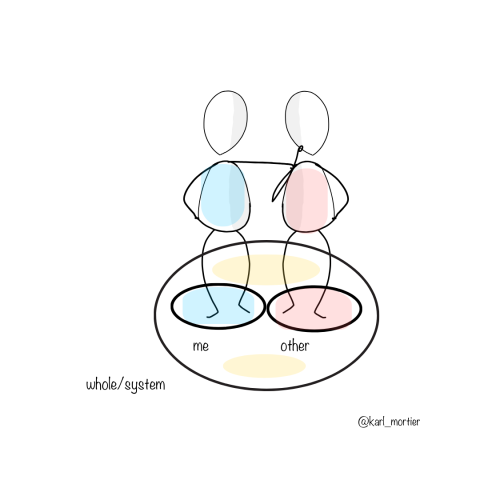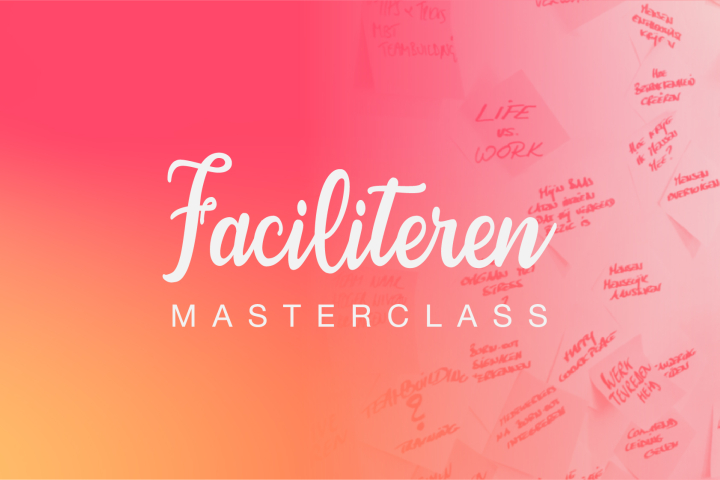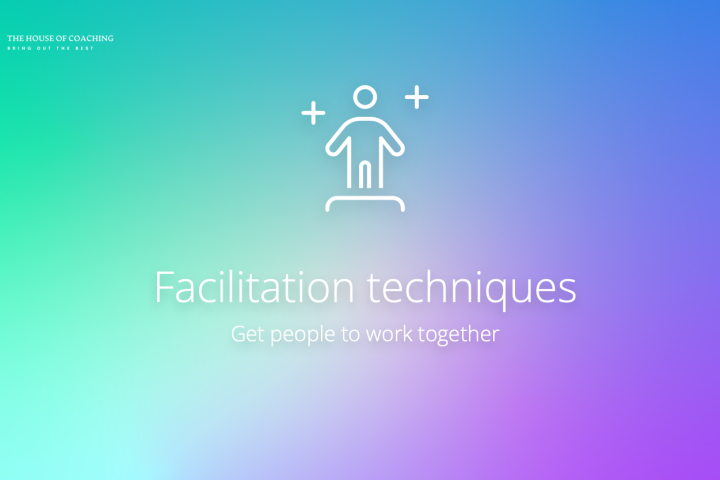Zelf, ander en systeem

As a leader or facilitator, you are aware that group members interact with each other and with the environment they are in. This means that 'self' and 'other' are always related and influence each other mutually.
It is therefore important to be aware of the relationships that exist between group members. You have an eye for how participants in a group or team react to and influence each other. By understanding these dynamics, you can positively influence group dynamics and support participants in their process.
An example of how this distinction can emerge is, for example, in a conflict situation between two participants. You then have an eye for the individual positions of both parties, but also for the dynamics arising between them. By naming and exploring these dynamics, you can support the parties in finding a solution that is acceptable to both.
As a group leader or facilitator, it is important to be aware of the different parts of the system and their interrelationships. You need to understand how the interaction between the different parts can affect the group process and how you can guide that interaction to improve the process.
An important aspect of facilitating group processes is creating a safe environment in which participants feel free to share their ideas and opinions. This can sometimes mean, as a facilitator, balancing the needs of the individual and the group as a whole. By being aware of the different parts of the system and their interrelationships, you can be more responsive to the needs of the group and thus improve the process.

